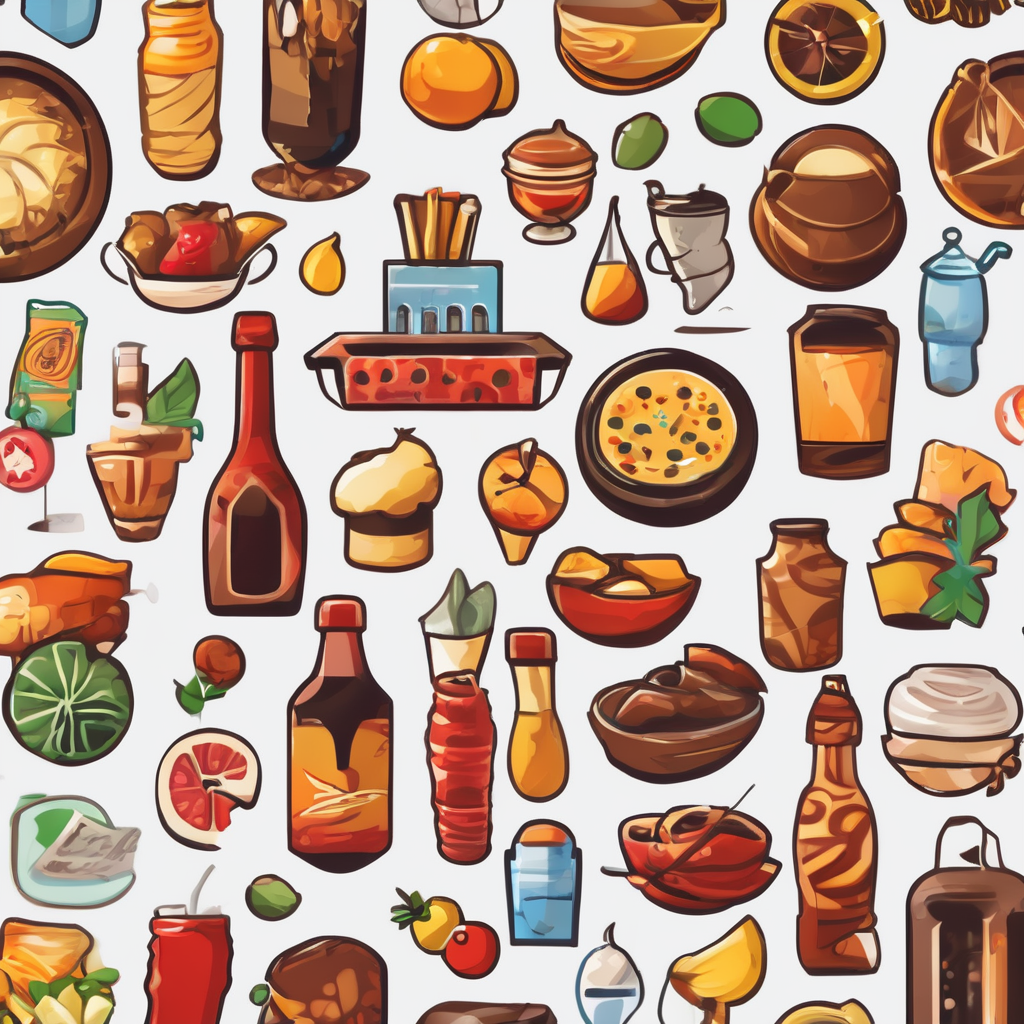Unlock the spirit of France with up-to-date tips and insider advice that reveal both iconic landmarks and hidden gems. Whether planning a family trip, a city escape, or an adventurous route through diverse regions, this guide ensures every journey fits your style and pace. Discover expert recommendations, practical details, and rich cultural insights to make your 2025 exploration unforgettable and uniquely yours.
Essential trip planning for exploring France’s iconic regions in 2025
Seasoned and first-time visitors alike can streamline preparations with precise pre-departure steps, and more details are available on the page: plan your next adventure with our france travel guide. Confirm your entry requirements promptly—UK and US travelers will need an ETIAS travel authorization instead of a visa, while others require a valid Schengen visa. Double-check your passport’s expiry and ensure you have comprehensive travel insurance covering medical care and emergencies for peace of mind.
Have you seen this : Top tips for scoring Harry Potter studio tickets in 2025
Pack smart by considering regional climate and the best travel months. The French Riviera promises sunshine from May to September, while the Loire and Bordeaux see mild springs and colorful falls. Skiers find prime Alpine snow December–March. Summers in Paris and Provence can be warm and lively; if you prefer fewer crowds, target April to early June or September for comfortable weather and local festivals.
Stay updated on COVID-19 entry regulations and health safety tips—policies may shift closer to your departure. Monitor official sources or your travel guide page for recent travel alerts or insurance changes. Keep copies of vital documents and be aware of emergency services. Thorough preparation will help you enjoy every region’s unique art, cuisine, and landscapes.
Also to see : Join the Adventure: A Guide to Participating in Historical Reenactments Across the UK
Exploring iconic destinations and must-see experiences
Paris and major city attractions: museums, landmarks, art, culture, and day trips
Begin with Paris’s spectacular highlights: ascend the Eiffel Tower by day or enjoy the city’s sparkle by night. The Louvre’s glass pyramid beckons with masterpieces, while Sainte-Chapelle gleams on sunny days thanks to its famed stained glass. Beyond art and architecture, the Centre Pompidou delights with Europe’s largest modern art collection. Consider memorable day trips from Paris to Versailles’ dazzling palace, Monet’s gardens in Giverny, or Chartres Cathedral’s luminous stained glass.
Regional highlights: French Riviera, Provence, Normandy, Loire Valley, Bordeaux, Alps, Alsace, Brittany
On the French Riviera, stroll Nice’s Promenade des Anglais, explore sandy Antibes, or discover the glamour of Monaco. Provence blends Roman ruins, Arles’ Van Gogh legacy, and vivid lavender fields. Normandy combines WWII heritage with the tapestry of Bayeux and awe-inspiring Mont Saint-Michel. The Loire Valley entices with grand castles like Chambord and the gardens of Chenonceau. Bordeaux is a haven for wine tours and riversides. The French Alps welcome hikers and skiers near Mont Blanc, while Alsace charms with half-timbered towns like Colmar, and Brittany’s Celtic coasts draw lovers of medieval walls and beaches.
Unique experiences: historical sites, local markets, wine tours, and village explorations
Seek out D-Day museums, bustling Provençal markets, or Dordogne’s cave art. Try vineyard tours in Burgundy, cheese tastings near Lyon, and market day in Sarlat. Boutique shopping and seasonal festivals abound—each region brims with discoveries.
Practical travel advice, local insights, and planning resources
Navigating transportation: trains, car hire, scenic drives, public transit, and eco-friendly travel
Rail is the fastest method for intercity journeys, with TGV services and regional TER trains connecting urban hubs and rural areas. Book in advance for better fares and seat selection. For off-the-map explorations, car rental is invaluable—especially for wine routes, small towns, or mountain regions. An International Driving Permit may be required. Motorway tolls are frequent and parking in city centers often restricted; opt for paid lots or peripheral garages. Many cities boast user-friendly public transport networks—metro, trams, and buses—with discounted multi-ride cards ideal for visitors. Cycling infrastructure is strong, particularly along the Loire, Alsace, or Provence’s dedicated cycling paths. Some travelers prefer eco-friendly options like electric vehicle hire or exploring by train and bike.
Finding and booking accommodations suited to all budgets and travel styles
France offers everything from historic hotels and castle stays to hostels, B&Bs, campgrounds, and apartment rentals. Early booking is key in popular areas or during festivals. Compare online reviews, seek flexible cancellation policies, and consider official star ratings or local tourism labels for quality assurance. Rural travelers may enjoy farm stays or affordable “gîte” country cottages.
Mastering French dining, markets, culinary tours, and etiquette essentials for travelers
Learn market days for accessing the freshest local produce, cheeses, and specialties; these are central to village life. In Paris and major cities, open-air markets and covered food halls are vibrant destinations. Dining culture values leisurely meals and patience—expect to linger over several courses. Tipping is optional but rounding up is appreciated. Guided food tours and French cooking classes enrich culinary understanding. Sampling regional wines or joining a vineyard tour can enhance your appreciation of local terroirs.
Tools, maps, language basics, and digital resources to streamline your France journey
Download top-rated travel apps for metro maps, real-time transport updates, and route planning. Offline navigation tools are valuable in the countryside. A phrasebook or basic French app supports smooth daily interactions; even beginners find that a little effort goes a long way. Major bookstores and tourism offices provide up-to-date guidebooks and maps. For planning, online forums and community groups deliver recent tips and first-hand advice.
Cost-saving tips, budgeting guides, and community forums for up-to-date travel insights
Public transport passes, museum cards, and prix-fixe lunch menus help stretch your budget. Shop at local markets and bakeries for affordable meals. Budget accommodations—hostels, “auberges de jeunesse,” or short-term rental deals—offer comfort without high prices. Monitor price trends on travel forums and ask communities about hidden deals or local secrets for more affordable travel.





